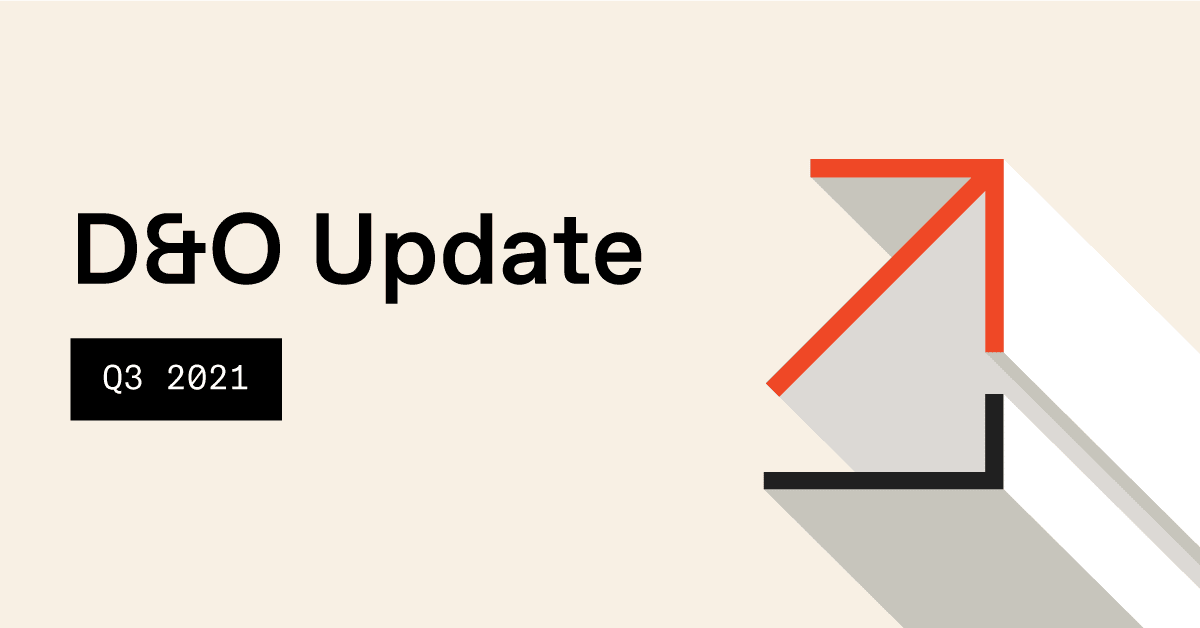Key Takeaways
2016 marked the all-time low in the last eight years for IPO filings. House Financial Services Chairman Jeb Hensarling, says,
“U.S. startups approached a 40-year low in 2016, and the number of domestic IPO’s, though making a comeback, is half what it was 20 years ago.”
Why the drastic change? The US went from an average of 400 IPO deals a year down to a quarter of that. What contributed to small businesses being unwilling or unable to secure their IPO’s, facilitating the growth and prosperity of the general economy and themselves?
Small businesses name a few obstacles to their growth, and ultimately, survival.
The Federal Trade Commission’s (FTC) and Sarbanes-Oxley’s (SOX) regulations concerning the IPO are some of the biggest factors. These regulations and tight deadlines make it extremely hard for the smaller startups to:
- Raise capital: regulations define who are “accredited investors” and effectively block smaller, individual investors from participating in the investment. Only accredited investors are allowed to take advantage of the investing opportunities. The investors need to have a net worth of at least $1M or more or have earned over $200,000 in income to be considered accredited.
- Absorb the cost: the cost to complete the external auditing, as well as creating a compliance and security system to pass the audit in insurance companies, is significant. The time needed for the company to get ready to IPO (i.e., compliance and raising of capital) went up from around three years to over ten years. Not many companies can survive that. The above regulations cost small businesses a small fortune to comply with and leave them cash-strapped, crippling their ability to operate.
The above regulations cost small businesses a small fortune to comply with and leave them cash-strapped, crippling their ability to operate.
Barriers to entry – the SOX act
Let’s talk briefly about the SOX act as it relates to IPO and the new regulations it introduced.
The Sarbanes-Oxley Act of 2002 is the regulation that was enacted as an answer to the accounting scandals of the early 2000’s. It was designed to promote corporate accountability and prevent another Enron or WorldCom that cost our economy billions of dollars. Additional regulations were created to prevent “creative accounting” in the future, but as a result, small businesses trying to IPO were adversely affected. The act introduced additional financial audits, security and compliance and reporting regulations.
JOBS 3.0 Key Takeaways
The newly passed JOBS 3.0 act is comprised of 32 pieces of legislation, all designed to make it easier for smaller companies to IPO and attract investors.
Below are the key provisions of the act:
- Lowering the cost of IPO: It is no secret that going public takes not only time but a lot of capital. The cost of going public averages $2.5M, which can be an impossible amount for a small business to come up with. JOBS 3.0 act introduces exceptions that allow small business to delay complying with some reporting requirements, thus lowering the overall IPO cost.
- Venture exchanges: Perhaps the most critical legislation in the reform is the creation of “venture exchanges.” According to Jeb Hensarling, it doesn’t make sense to regulate a company with 10,000 shares the same as the company with 10M shares. A venture exchange is essentially a separate market for smaller companies that will allow exceptions from the regulations.
- Accredited vs. non-accredited investors: As we mentioned earlier, currently the FTC mandates that only investors with an annual income of $200,000 (or a $1M net worth) are allowed to invest into a company and that investment is heavily regulated. The JOBS 3.0 act builds on the crowdfunding regulations of the JOBS act of 2012 and expands the definition of an accredited investor to include “experience and expertise.” This effectively enables previously blocked, smaller investors to compensate for lack of “wealth” with their experience and knowledge to participate.
- Test-the-water and confidential IPO: Another significant proposal of the JOBS 3.0 act is allowing any company to submit confidential draft registration for a proposed IPO to SEC. It also allows any company to communicate with potential investors to “test the waters” as it relates to the company’s securities offerings. The original JOBS act signed into law by Barack Obama in 2012 only allowed Emerging Growth Companies (or EGC’s) to engage in these activities.
- Communication with angel investors: The bill provides exemption on the general solicitation rule that prohibits pitching to angel investors. It does outline specific requirements prohibiting any reference to the particular offering of securities or any specific information as it relates to securities by the issuer; no offering investment advice or recommendations to the attendees.
The impact of Jobs 3.0:
The passing of this bill is a deciding victory for the small business and the US economy. This bill promotes and invigorates the economic growth by reducing the cost of an IPO and creating more opportunities for the smaller guy to raise capital and attract more investors.
This is especially significant in the tech industry. Tech companies are notorious for not having enough funding to sustain the cost of the SOX audit and thus the IPO and continue operating at their usual level of profitability.
Often they require a late round of funding to have enough spare capital to pay for an IPO.
With the JOBS act 3.0 and the lower audit cost as well as the ability to secure financing from individual smaller investors it becomes much easier to file an IPO.
Protecting yourself and your business
Did you know that the tech industry is the most frequently sued sector? With the IPO filings by tech companies steadily increasing year to year, it’s not surprising that the lawsuits follow.
A directors and officers insurance policy is a must-have for any company, especially one that is considering filing for an IPO. In fact, it is a requirement without which no investor will do business with your company. We recently covered the nuances of insurance for IPOs (we highly recommend you read it).
As the name implies, the policy is designed to protect the directors and officers as well as the entity. It becomes especially important when considering going public as there are so many more regulations to comply with.
The new JOBS 3.0 has made it easier to raise capital, attract investors and file for a public offering. However, it also increases the risk and liability of the directors and officers and thus the liability of the insuring carrier.
It’s essential to secure an appropriate D&O policy to protect your directors and officers as well as the entity itself, especially if you plan on filing for an IPO. With the lawsuits expected to increase in years to come following the new regulations, proper limits are essential. What limits should you get? We’d be happy to discuss your unique situation of review your current policy and offer our expert opinion.
If you’re considering an IPO or interested in learning more about a customized D&O insurance program, you can always reach out to a member of our team by phone 646.854.1058 or email info@foundershield.com at any time. Or create an account here to get a quote!











